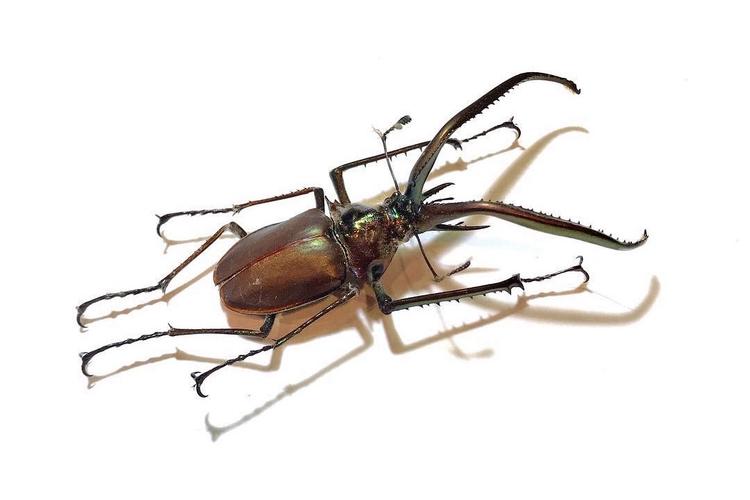
Have you ever experienced the discomfort and irritation caused by a gnat bite? If so, you’re not alone. Gnat bites are a common occurrence, especially during the warmer months when these tiny insects are most active. In this article, we’ll delve into the details of gnat bites, exploring their causes, symptoms, treatment, and prevention methods.
Understanding Gnat Bites
Gnats are small, winged insects that belong to the family Chironomidae. They are often mistaken for mosquitoes or midges due to their similar appearance. While gnats are generally harmless, their bites can be quite itchy and irritating.

When a gnat bites, it injects its saliva into your skin to prevent blood from clotting. This saliva can trigger an allergic reaction in some people, leading to redness, swelling, and itching.
Causes of Gnat Bites
Gnats are attracted to various factors, including moisture, light, and the carbon dioxide we exhale. They are most active during dawn and dusk, as well as in damp, overgrown areas.
Here are some common causes of gnat bites:
| Factor | Description |
|---|---|
| Moisture | Gnats are attracted to damp environments, such as near ponds, marshes, or in overwatered gardens. |
| Light | Like many insects, gnats are attracted to light, which is why they are often seen flying around lamps or windows at night. |
| Carbon Dioxide | Humans and animals exhale carbon dioxide, which gnats can detect from a distance. |
Symptoms of Gnat Bites
The symptoms of a gnat bite can vary from person to person. Common symptoms include:

- Redness and swelling at the bite site
- Itching, which can be severe
- Pain or a burning sensation
- In some cases, a small blister may form
Treatment for Gnat Bites
Most gnat bites can be treated at home with over-the-counter remedies. Here are some effective treatment options:
- Apply a cold compress to reduce swelling and itching
- Use an antihistamine cream or gel to relieve itching and inflammation
- Take an oral antihistamine to reduce allergic reactions
- Keep the bite site clean and dry to prevent infection
Preventing Gnat Bites
Preventing gnat bites involves eliminating their breeding grounds and taking steps to avoid exposure to gnats. Here are some tips:
- Remove standing water from your property, as it can serve as a breeding ground for gnats
- Keep your yard well-maintained, as overgrown vegetation can provide shelter for gnats
- Use insect repellents containing DEET or picaridin when spending time outdoors
- Wear long sleeves and pants when in areas known to be infested with gnats
While gnat bites can be a nuisance, they are generally not a cause for concern. By understanding the causes, symptoms, treatment, and prevention methods, you can effectively manage and avoid these pesky insects.





